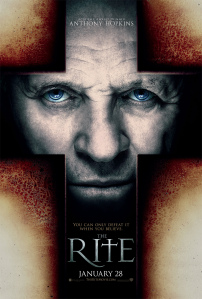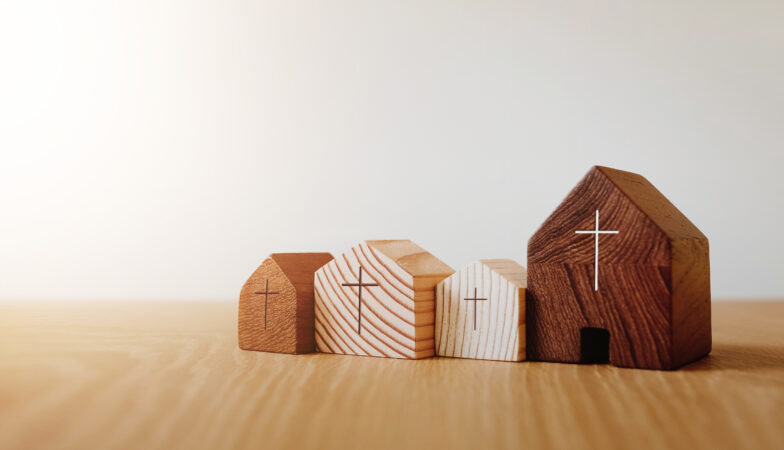The Dark Side
Choosing not to believe in the devil won’t protect you from him.
-Father Lucas
Four years of seminary and one step from becoming a priest, Michael reveals he doesn’t believe in God. Before he can walk away, he’s asked to train with senior exorcist Father Lucas—and to view firsthand the darker side of his faith.

His response might be similar to how others respond to claims of demonic possession—It must be due to some kind of mental illness. Or in response to a traumatic event. There has to be a natural explanation. In a culture where natural explanations reign supreme, even some Christians find themselves less inclined to “go there”—meaning use words like “Satan” and “devil.”
The knee-jerk reaction is to doubt the legitimacy of so-called demonic activity and to question whether the person making the claim is willfully (or perhaps unintentionally) over-spiritualizing something natural or neutral. The delicate over/under dance is difficult to follow. Spouting supernatural hyperbole is ill-advised. Yet erring too much on the other side is tricky, too—maybe even dangerous. How do believers balance between supernatural and natural?
In his book True Spirituality, theologian and philosopher Francis Schaeffer offers insight:
The Christian life means living in the two halves of reality: the supernatural and the natural parts. I would suggest that it is perfectly possible for a Christian to be so infiltrated by twentieth-century thinking that he lives most of his life as though the supernatural were not there….Being a biblical Christian means living in the supernatural now.
Though Michael is quick to discredit anything considered supernatural for lack of proof, Father Lucas, remains unfazed. “You know the interesting thing about skeptics is that we’re always looking for truth. The question is what on earth would we do when we find it?”
For Michael and the rest of us, proof is useful only when something is done with it. In the case of supernatural evil, our response to its existence is to guard, cherish, and defend our souls. The movie’s tagline makes it clear why: You can only defeat it when you believe in it.
-Sandra
Want to delve into the topic of the problem of evil? Check out these resources by RTB’s philosopher/theologian, Ken Samples:
Straight Thinking podcasts
Problem of Evil: Deductive Challenge
Problem of Evil: Inductive Challenge
Problem(s) of Evil: Psychological and Natural Challenge
Without a Doubt, chapter 19
Don’t forget to visit Ken’s recently launched blog
. Stop by and say hi.



